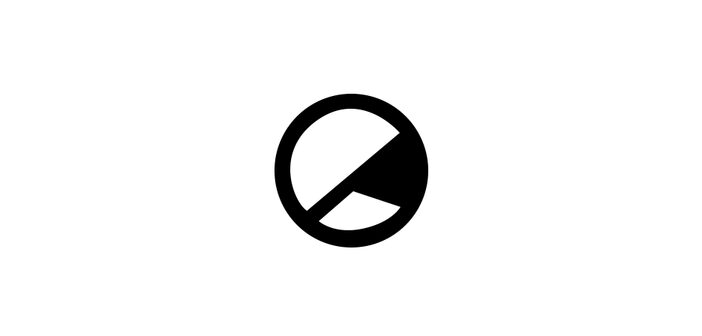A Hidden Life is a vital portrayal of a life otherwise forgotten, a stunning ode to righteous perseverance through real-life tragedy.
-
10
The name Terrence Malick means different things to different people. To some, he is a cinematic visionary whose films explore profound ideas and ruminations. To others, Malick’s work mostly comes off as tediously pretentious. The Tree of Life, his 2011 film, is regularly cited as one of the best films of the 21st century so far, but the recent thematic trilogy, made up of To the Wonder, Knight of Cups and Song to Song, has been met with a less-than-glowing reception. A Hidden Life is an exceptional return to form for the director. Based on true events, it tells the story of Franz Jägerstätter, an Austrian conscientious objector who refused to swear a mandatory oath of loyalty to Hitler, and the struggles he and his family faced in reaction to his staunch opposition to the Nazi regime. It is not an easy watch, nor is it a brief journey, but with this charged subject Malick has found a powerful story compatible with his intimate camera and philosophical framework of moviemaking.
The fluid camera is a staple of Malick’s films at this point. Not only does it feel integral to the activity onscreen, it is directly involved as a passive participant; his lens is a character in itself, a silent-yet-thoughtful observer. The characters almost perceive its presence. In one scene, a German prison officer grabs and beats up Franz. Through a POV shot, it is staged as though he has seized the physical camera and is intent on destroying it. This displacement acts on multiple levels: it puts the audience into Franz’s head, as we feel the harshness of the blows and our senses become fuzzy; it could also be interpreted as an attempt to erase the record, destroying the equipment as to conceal the atrocity committed. Technique such as this is present throughout A Hidden Life. Malick and cinematographer Jörg Widmer have produced a visual poem, something better described as a continuous flow of related images and sounds rather than a structured arrangement of scenes. It can be very ‘Malick’ at times, so responses may vary dependent on whether you are tolerant of his oblique style or not. If you do let yourself be swept up in the stream, the film’s emotional resonance proves a potent force.
A Hidden Life shows immense compassion for Franz, his wife Franziska and their three young daughters. Whilst Franz is reprimanded and eventually imprisoned for his disobedience, his family, trying to live a simple agricultural lifestyle in their village St. Radegund, are faced with intense hostility by those that they once thought of as friendly townspeople. It is these microaggressions, provoked by the insidious rhetoric of Austria’s new rulers then propagated by ignorant (and anxious) locals, that are telling about how quickly and effectively the authority of the Third Reich established itself in the neighbouring country. The hold it takes on Radegund, Franz and Franny’s idyllic home, becomes suffocating; the atmosphere is claustrophobic despite the wide, open vistas.
Franz’s defiance baffles the church, his lawyer and the regime at large. The film presents a challenging dialogue about the meaning of principle and sacrifice. If your protest is seen by few, changes nothing, is there any purpose to it at all? There are no easy answers, just big questions. Jägerstätter has been proven right by history, posthumously beatified by the Catholic Church. Malick’s pensive voiceovers appear here through a series of letters exchanged between husband and wife, heavily discussing faith. Their relationship is richly developed, with the performances from August Diehl and Valerie Pachner feeling authentic and intrinsically connected. Moments of close physical contact between them are completely sincere. The director has been characterised as emotionally vacant in the past. With A Hidden Life, we are not placed at a distance from the drama; there is no issue in engaging with these real-life characters and their very fraught situation.
It is a long film, sitting at just under three hours in runtime. Certain sections move slower than others, but, by the foreseeably tragic conclusion, Malick has regained our full attention. It’s not entirely free of grandiose ambition, albeit crucially not defined or stifled by it. It handles its historical truth with a sensitive approach – and a meticulous, wholly convincing production design – yet doesn’t shy away from the anguish in an attempt towards veracity. A struggle for the soul, A Hidden Life also features the final film appearances from Michael Nyqvist and Bruno Ganz, both giving typically dignified performances.
A Hidden Life (2019), directed by Terrence Malick, played at this year’s BFI London Film Festival as part of the Debate Gala. It is due to be released in UK cinemas on 17th January 2020, distributor and certificate TBC.




